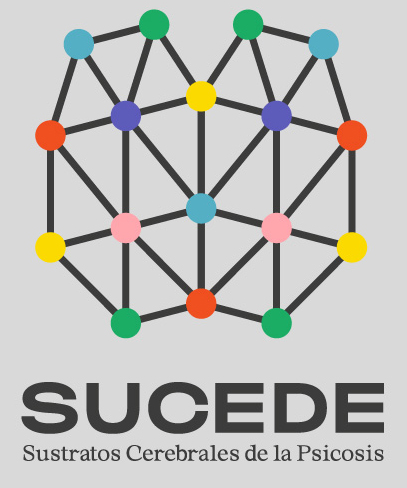Schizophrenia, a complex neuropsychiatric disorder, often manifests through abnormal self-experiences that transcend classic psychotic symptomatology. These delve into fundamental alterations of ipseity or the sense of self. Our group has delved into the analysis of these self-experiences and their biological substrates (see articles by Beño-Ruiz-de-la-Sierra et al.) Here, we review a key article that offers a crucial perspective for unraveling the underlying phenomenological dimensions that drive the cognitive and affective disruption characteristic of the condition.
The study of abnormal self-experiences, as presented in the article we analyzed, moves away from a purely syndromic conception to explore the patient’s lived experience, offering us a finer lens for understanding the pathogenesis of schizophrenia. The authors of this work argue that these alterations can manifest as a loss of mineness (the sense that thoughts and actions are one’s own), hyper-reflexivity, or a dissolution of the boundaries between the self and the world. Phenomena such as depersonalization, derealization, or the perception that one’s own body or mind has been externally altered or influenced are, according to the article, paradigmatic examples of these anomalous experiences.
The analysis of these self-experiences, supported by the integration of qualitative and quantitative data presented in the article, underscores the heterogeneity of their presentation and their predictive value in the course of the illness. The authors of the study argue that the conceptualization of these alterations not only improves diagnostic delimitation but also informs more personalized therapeutic strategies aimed at restoring the coherence of the sense of self and mitigating the suffering associated with these phenomenological disruptions. Understanding these dimensions, as the research suggests, allows us a more holistic approach to the patient, moving beyond symptomatic control to address the existential fragility that often accompanies schizophrenia. This approach, directly derived from the article’s findings, emphasizes the importance of considering the individual’s subjective experience in clinical management.



